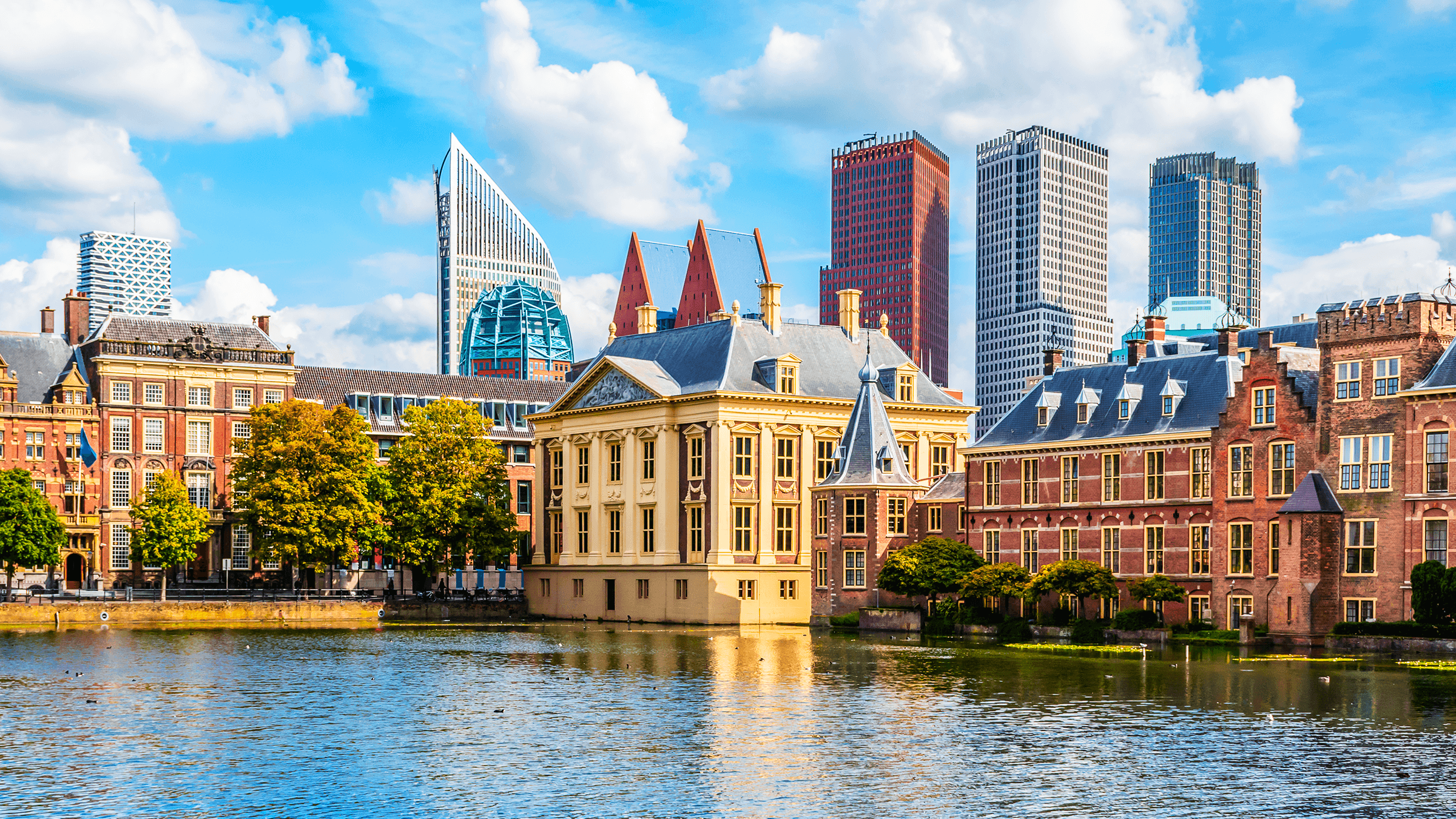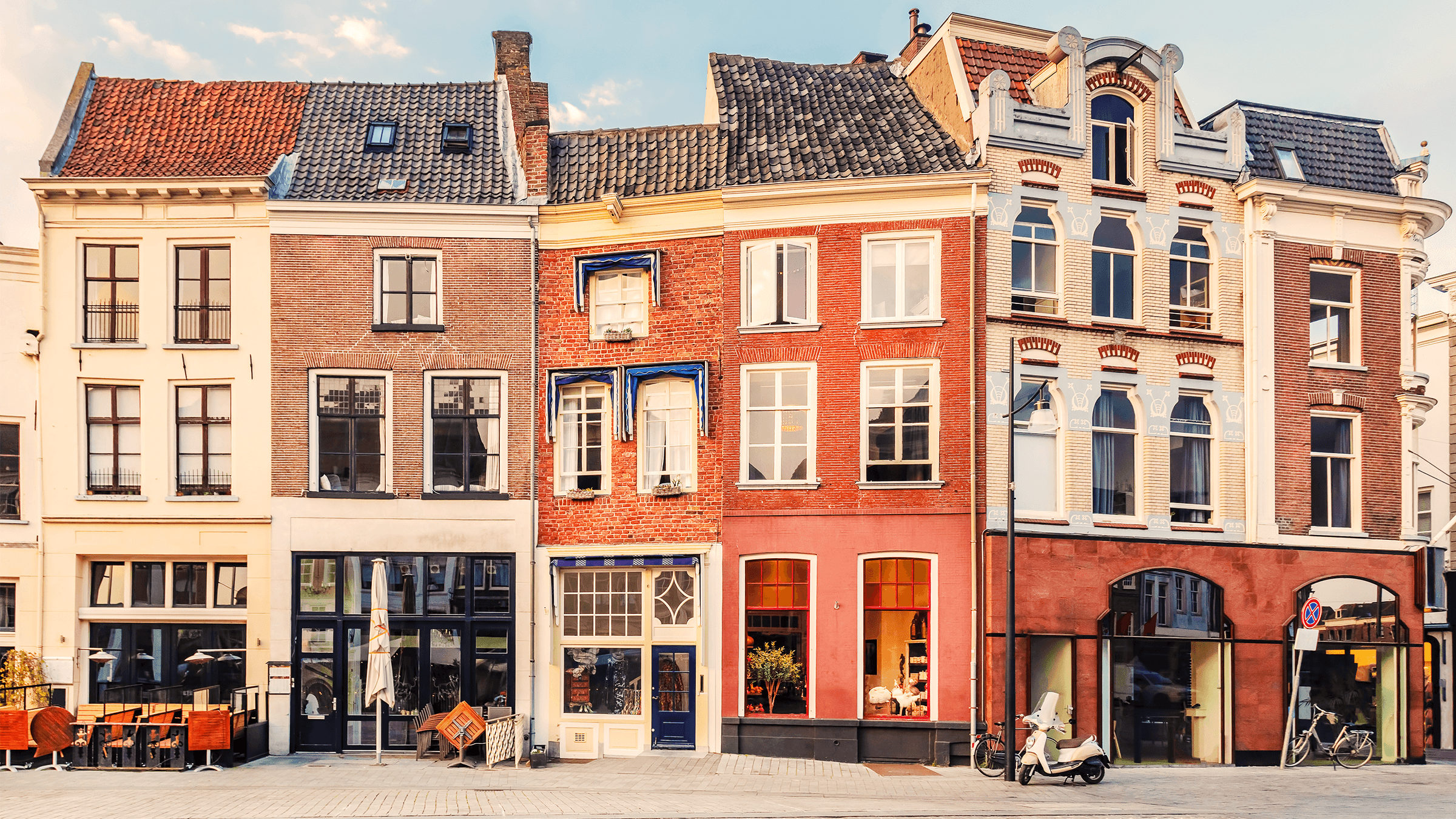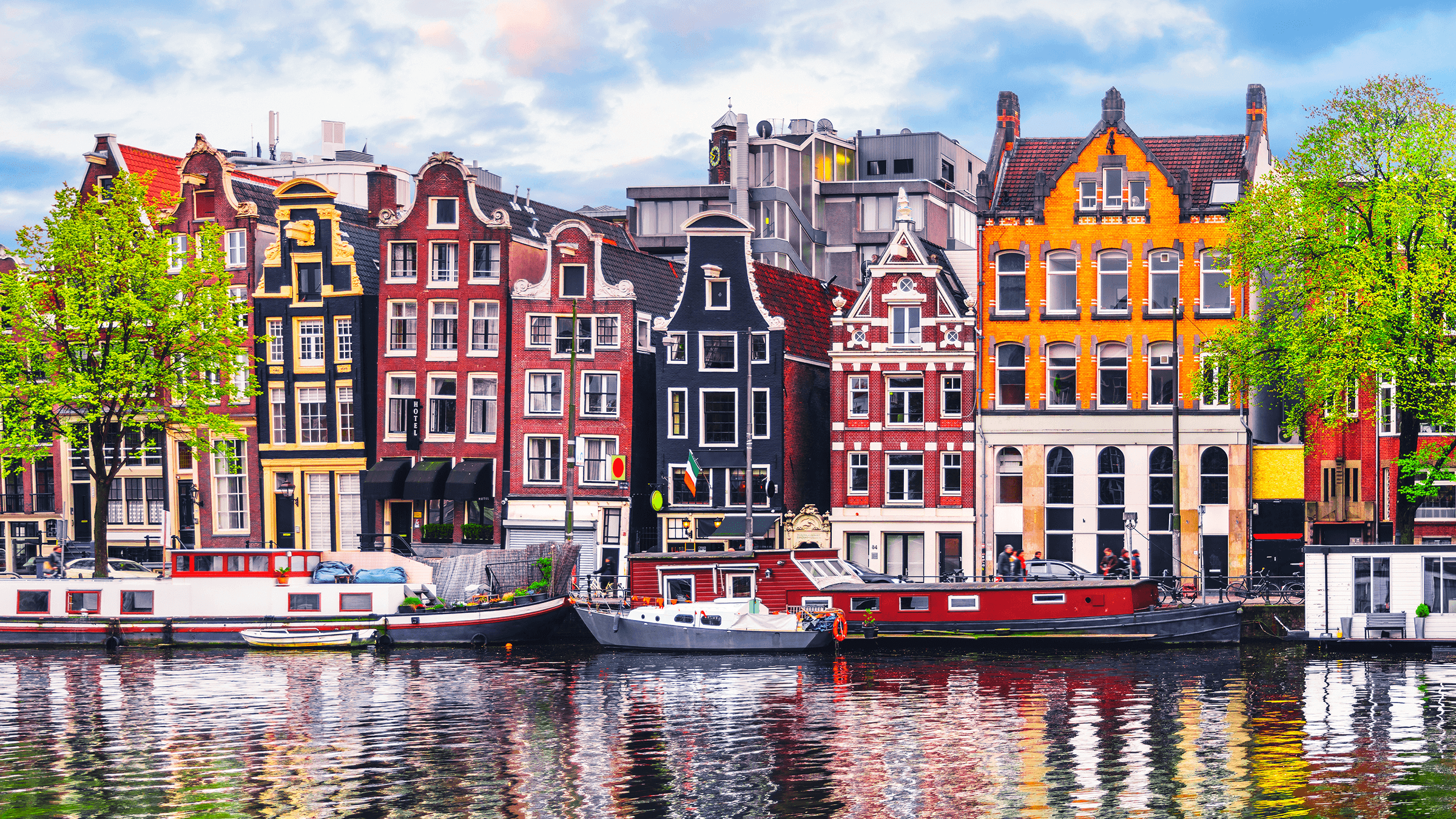The movement of executive talent from country to country is a common feature of the global retail sector. Every year, we see senior executives relocate to lead businesses in new markets, and such placements are normally highly beneficial for both the executive and the company.
Naturally, some markets are more closely linked than others, encouraging a higher level of talent migration. The UK and the Netherlands are two such markets: the industries share so many characteristics that historically, Dutch retail has been known for the high number of British leaders at the helm of its businesses. The Netherlands is also a real hub of the European consumer sector. In large part due to its competitive corporate tax structure, multinationals such as Coca-Cola, Nike, Adidas, and IBM have picked The Netherlands as a home for their European headquarters.
In this column, I wanted to examine the Dutch retail sector – why has the industry gained a reputation for being led by Brits? Is it still the case? And what are the challenges and opportunities for leaders moving between markets?
The high level of British talent in the Dutch retail sector can of course be put down to the many similarities in respective retail landscapes. Businesses share the same challenges: significant inflation, a cost-of-living squeeze, rising costs, and, in grocery, pressure from discounters Aldi and Lidl. Leaders in the Netherlands and the UK are both grappling with changes to customer behaviour post-Covid, and operating in low-occupation high streets which are becoming increasingly tenanted by restaurants and leisure businesses.

However, it is the differences between the two markets which have driven Dutch retailers to appoint British leaders over the years. “The UK retail industry is much larger and more competitive,” said Greg Nieuwenhuys, Chairman at Mammut Sports Group AG, who spent most of his executive career in the Netherlands before relocating to the UK. “It’s also more difficult from a cost perspective – the rents and rate combination is so much higher than in any other country, making it difficult to make money. This environment breeds the best people, who have to find creative ways to be successful.”
The online market in the Netherlands is also slightly less developed than the UK’s, and hiring from Britain provides an opportunity to bring in sought-after digital and omnichannel experience. “Few retailers in The Netherlands are doing omnichannel experience really well,” reflected Simon Hathway, former Commercial Director at Action and today a Retail Advisor, “and the UK is a great training ground in this area.” Indeed, I spoke with one senior Dutch retail leader, who recalled a recent search for a new digital director, in which they looked exclusively within the UK market – eventually hiring someone from Topshop.
“The online market in the Netherlands is slightly less developed than the UK’s, and hiring from Britain provides an opportunity to bring in sought-after digital and omnichannel experience”
Some leaders I spoke with also suggested that tighter margins and a more challenging retail landscape have had a negative impact on talent development in The Netherlands in the past few years. “There’s been much less investment in long-term human capital development,” one retail executive told me, “when times are tough, programmes like this get left behind.”
Language and culture also play a significant role. On the one hand, almost all – 95% – of the Dutch population speaks English, and English is the language most commonly spoken in a corporate setting. The two countries also share a similar cultural framework and set of values, thus removing what could otherwise be a significant barrier to relocating.

On the other hand, many senior executives I spoke with pointed to the subtle differences between the UK and The Netherlands – both in communication patterns and leadership styles.
“The Dutch are democratic and down to earth,” reflected Simon Hathway. “They get to the point when they’re speaking to you – so much so that I think they find UK executives to be indirect and overly-polite in comparison.”
Greg Nieuwenhuys echoed this view, telling me that “Dutch people will speak out publicly when they disagree with you – even when you’re the boss. In the UK I’ve found that people are more hesitant to voice any dissent or break bad news, whether that’s in a group environment or one-to-one.”
Another leader recalled the subtlety with which their British colleagues communicated, even when the business needed urgent action: “I truly didn’t understand it,” they told me, “it took me about twelve months to realise just how bad a shape the business was in.”
I wonder how UK executives can navigate this? “It’s about compromise,” said Philip Mountford, CEO at Hunkemöller, “you simply can’t apply a British management structure on a Dutch person. I found it difficult when I first came to The Netherlands – the Dutch love to debate and re-debate, while in the UK we make a decision and deal with the consequences afterwards.”

Thinking in reverse, it was interesting to speak with Casper Meijer – CEO at Welkoop and former Group Trading Director at Morrisons – about how the many nuances in the English language bring up complications for Dutch leaders moving to the UK. “It doesn’t matter how well you speak it,” he reflected, “there are so many subtleties in English that your chances of fitting in from day one in a UK business are much lower than in a country where the language is more consistent.” Casper pointed to the regional linguistic disparities in the UK, the high number of synonyms, and the requirement to constantly ‘read between the lines’ which can be challenging for foreign executives who want to hit the ground running in a new role. “As a Dutch leader in the UK, you have to pay careful attention to how you express yourself,” he said. “People don’t always appreciate it when you speak your mind!”
Having explored this topic, it seems to me that the Dutch talent landscape has evolved considerably in recent years and is no longer known for being run by Brits, but rather for being a hub where international and home-grown leaders alike can succeed. And as a small country – The Netherlands has a population of 17.5 million and you can get from one end of the country to another in 90 minutes – it is no wonder that high-potential executives are increasingly moving to bigger markets to develop their capabilities. There is also a lot the UK can learn from The Netherlands.
“The Dutch talent landscape has evolved considerably in recent years and is no longer known for being run by Brits, but rather for being a hub where international and home-grown leaders alike can succeed.”
Many leaders I spoke with told me that the Dutch retail landscape is naturally more entrepreneurial and creative than the UK, home to dozens of unique brands and products. Another point that resonated throughout my conversations was the Dutch’s natural ability to trade internationally and across borders, in no small part because of their language skills and history of global trade. I’m also sure that many leadership teams in the UK would benefit from adopting a more to-the-point Dutch style of communication!








